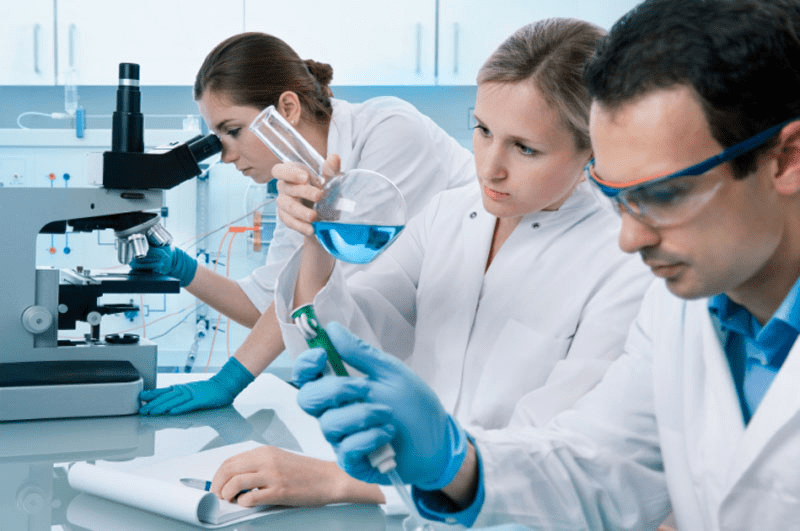DMLT (Diploma in Medical Laboratory Technology )
A medical laboratory scientist (MLS), also traditionally referred to as a clinical laboratory scientist (CLS), or medical technologist (MT).

- Approved by Govt. Health and Family Welfare Dept. & affiliated to DMET
- 2 years Full Time DMLT Course with 3 months Internship Practical Training at DHH, Khurdha.
- Experienced Faculty
- 100% Placement Assistance
- Affordable fees & Scholarship Available
- DMLT Top Recruiting Fields
- Customer Service Associate in Airlines
a healthcare professional who performs chemical, hematological, immunologic, histopathological, cytopathological, microscopic, and bacteriological diagnostic analyses on body fluids such as blood, urine, sputum, stool, cerebrospinal fluid (CSF), peritoneal fluid, pericardial fluid, and synovial fluid, as well as other specimens. Medical laboratory scientists work in clinical laboratories at hospitals, reference labs, biotechnology labs and non-clinical industrial labs.
Those that work in non clinical industrial labs are often referred to as biomedical laboratory technologist (BLT) in parts of the world.. Medical laboratory scientists work in all areas of the clinical laboratory, including blood banking, chemistry, hematology, immunology, histology and microbiology . They perform a full range of laboratory tests – from simple prenatal blood tests to more complex tests to uncover diseases such as HIV/AIDS, diabetes, and cancer. They are also responsible for confirming the accuracy of test results, and reporting laboratory findings to pathologists and other physicians. The information that a medical laboratory scientist gives to the doctor influences the medical treatment a patient will receive.
